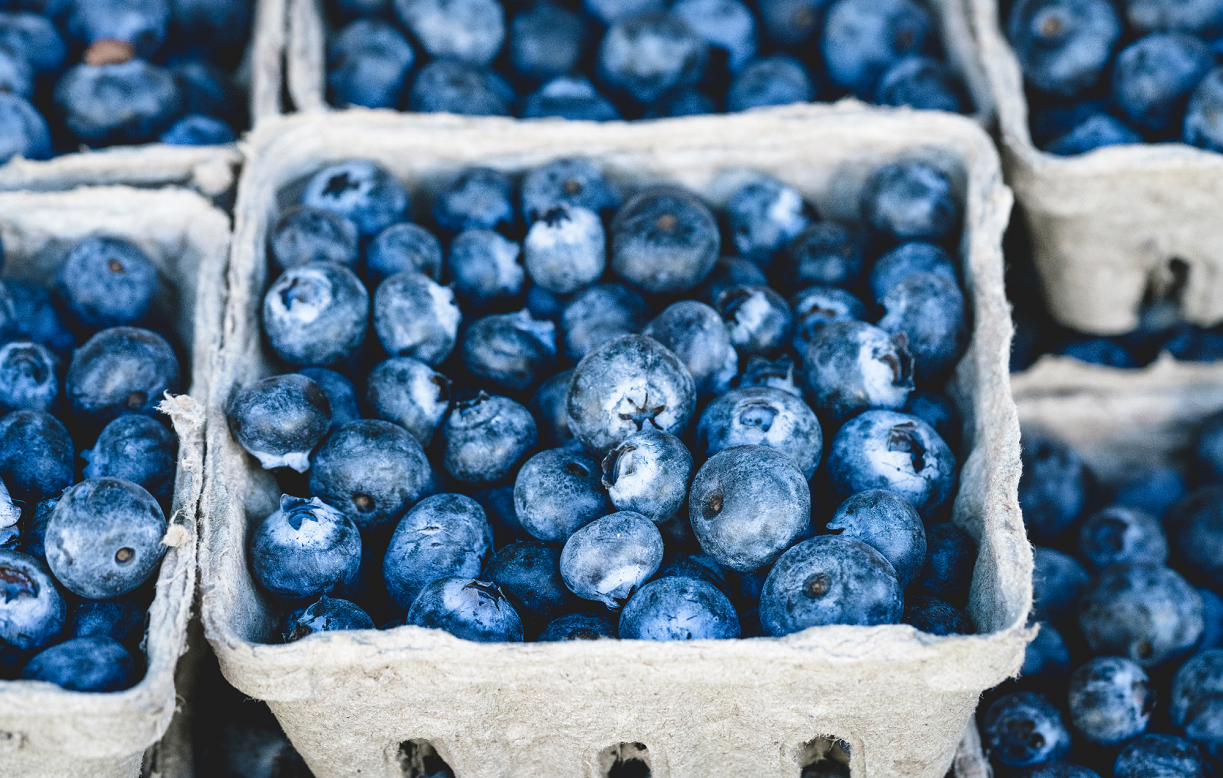
$3.5 Million Grant Will Include Development, Analysis and Education About Essential Oil Coatings
KNOXVILLE, Tenn. – Consumers choose organic produce for many reasons. One reason is to avoid most synthetic pesticides. However, just like conventional produce, organic produce can be susceptible to foodborne pathogens and decay in storage. A team of researchers has been awarded a USDA grant to study ways to use organic essential oils to protect organic produce and its consumers.
Four scientists with the University of Tennessee Institute of Agriculture (UTIA) and faculty from four other universities have been awarded a $3.5 million grant from the USDA’s National Institute of Food and Agriculture (NIFA) to conduct research on “washable essential oil emulsion coatings to extend the shelf life and enhance the safety of organic fruits and vegetables.”
The co-project directors include:
- Qixin Zhong, professor, Department of Food Science, UTIA
- Annette Wszelaki, professor, Department of Plant Sciences, UTIA
- T. Edward Yu, professor, Department of Agricultural and Resource Economics, UTIA
- Alicia Rihn, assistant professor, Department of Agricultural and Resource Economics, UTIA
- Faith Critzer, professor, Department of Food Science and Technology, University of Georgia
- Laurel Dunn, associate professor, Department of Food Science and Technology, University of Georgia
- Alda F. Pires, associate professor of Cooperative Extension, School of Veterinary Medicine, University of California, Davis
- Luxin Wang, professor, Department of Food Science and Technology, University of California, Davis
- Claire Murphy, assistant professor, School of Food Science, Washington State University
- Laura K. Strawn, associate professor, Department of Food Science and Technology, Virginia Tech
- Steve Rideout, professor, School of Plant and Environmental Sciences, Virginia Tech
Currently, there are organic-compliant coatings that can help extend the shelf life of organic fruit and vegetables, but these coatings do not inhibit foodborne pathogens and fungi. Organic essential oils such as clove bud oil have been proven effective against both foodborne pathogens and fungi. Moreover, these alkaline wax-based coatings are hard to remove once applied, making them less accepted by consumers of organic produce. The team will study the use of essential oils in commercial coatings after reformulation and novel acidic non-wax formulations with the goal to inhibit foodborne pathogens and fungi while making the coatings removable when the consumer washes them before consumption. The study also will validate the shelf life, inhibition of decay and quality of the produce enabled with coatings. The coatings will be evaluated in blueberries, apricots, peppers, tomatoes and cantaloupe with input from industry members across the United States.
Another part of the study will focus on whether consumers will buy organic products with these coatings and how much it would cost and benefit the industry to coat the produce. Further, this study will employ Extension-related activities such as sharing findings with the stakeholders producing and packing organic produce and allied industry suppliers of these products.
“The safety of organic fresh produce is a priority for consumers and is only possible through technological developments and knowledge dissemination,” said Zhong. “With our interdisciplinary team and approach, we envision these novel coating formulations will be adopted in packing houses, will be invisible on fresh produce and will be wash-removable by consumers to minimize their safety and taste concerns. Our Extension activities aim to educate consumers with food safety and quality knowledge to facilitate the technology adoption by the organic fresh produce industry.”
This grant is one of the 30 projects announced by NIFA in its investment of $50.5 million to support farmers and ranchers who grow and market organic food, fiber and other organic products. Twenty-three of those projects, including this one, support research, education and Extension work to help improve yields, quality and profitability for organic producers.
The University of Tennessee Institute of Agriculture is comprised of the Herbert College of Agriculture, UT College of Veterinary Medicine, UT AgResearch and UT Extension. Through its land-grant mission of teaching, research and outreach, the Institute touches lives and provides Real. Life. Solutions. to Tennesseans and beyond. utia.tennessee.edu.